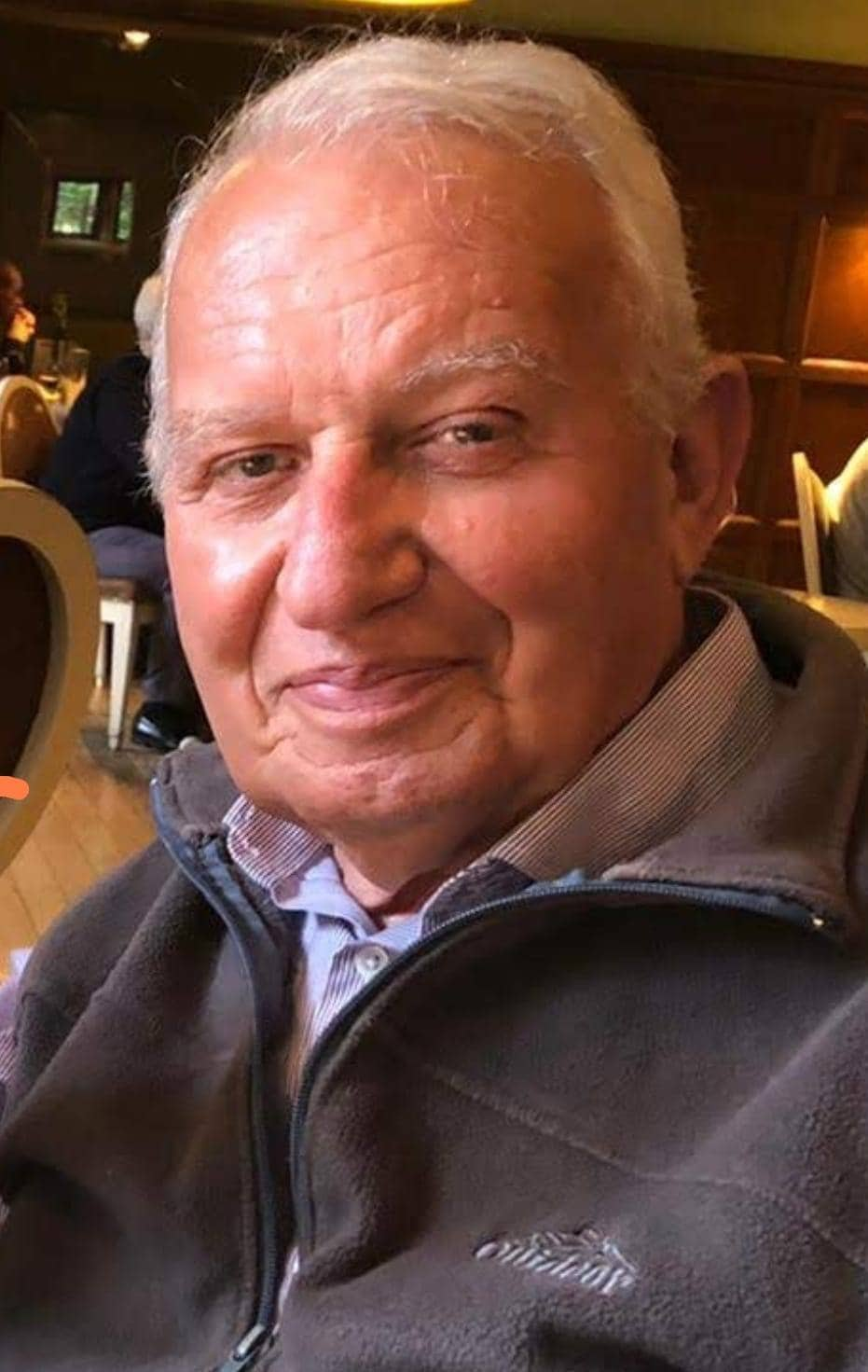The Office of the Commissioner for Voluntary Organisations (OCVO) is unable to ascertain how much money is being raised by NGOs or how it is being used, the National Audit Office (NAO) warned.
“The lack of a proper system where details of individuals donating significant amount of cash to VOs were not recorded lessened transparency. Moreover, it increased the risk of OCVO, as the main Regulator of the Voluntary Sector in Malta, to combat money laundering as well as tax evasion,” the NAO said in a report.
These findings come at the end of the same year where Kenneth Wain, the Commissioner for Voluntary Organisations resigned after saying he had been unable to persuade the government of the urgency to introduce amendments to the Voluntary Organisations Act.
The former commissioner said that despite some changes that had been made in collaboration with the anti-money laundering agency (FIAU), the sector was still at risk of widespread abuse and susceptibility to money laundering.
The NAO report entitled ‘Performance Audit: An evaluation of the regulatory function of the Office of the Commissioner for Voluntary Organisations’ was presented to the Speaker of the House of Representatives by the Auditor General, Charles Deguara on Monday.
The report outlines that as of August 2018, there are over 1,300 Voluntary Organisations (VOs) that are registered with the Office of the Commissioner for Voluntary Organisations (OCVO) and a large number of unregistered organisations.
The report adds that the issue of non-registration with the OCVO leads to a number of risks as the activities of such VOs can heighten financial and operational irregularity risks.
The NAO also warned that not only does the OCVO have no way of knowing just how many unregistered VOs are operating in Malta, but it is unable to ascertain how much money is being raised for these causes or how it is being used.
While legislative changes introduced in November 2018 oblige all VOs to enrol with the OCVO, if it is not known how many VOs exist then overseeing such a process and ensuring compliance presents a number of difficulties.
The report also points out that the regulator is not adequately staffed to cope with the unknown additional administrative burden that enforcing the legislation would create, an issue that was also raised at the beginning of the year.
Concerns were also raised about the efficiency of the enrolment and subsequent due diligence procedures with the report stating that the lack of particular documents such as VOs bank statements, police conduct reports of administrators, and lists of pending or concluded lawsuits against the VO and/or its administrators.
“The non-availability of documents listed above, although not statutorily required by legislation, but which can be requested at the Commissioner’s discretion, limits the extent of validation of the enrolment application with other external sources. This situation raises various risks within the enrolment process since OCVO is mainly relying on the information submitted by the applicant and screening on the administrators’ integrity,” the NAO said.
The audit corroborated this situation through the random sample of enrolment applications used as case studies for the scope of this audit, which did not reveal any OCVO queries on significant line items of income and expenditure.
The report stated that the due diligence procedures employed by the OCVO are “not adequately robust”, and it also noted that legislative provisions prior to November 18 did not oblige VOs to declare private donations that exceeded a specific threshold, therefore increasing the risk of money being laundered from the proceeds of illicit activities.
Charitable donations are widely recognised as being susceptible to being used as vehicles for money laundering, with the EU, international banks and various professional services firms reminding their charity and NGO clients to be mindful of this matter. It seems however that both the Maltese government and the OCVO did not get the memo.
As well as issues surrounding possible money laundering, the report also noted that government ministries do not inform the Commissioner when they issue public grants to VOs, nor have they enforced obligatory reporting requirements relating to public collections since 2012.
While the report noted that some steps have been taken towards attempting to improve processes and risk assessment approaches, more work needs to be done to comply with legislative requirements and to “nurture a culture of accountability and transparency within the Sector to compliment the social benefits emanating from VOs activities.”














